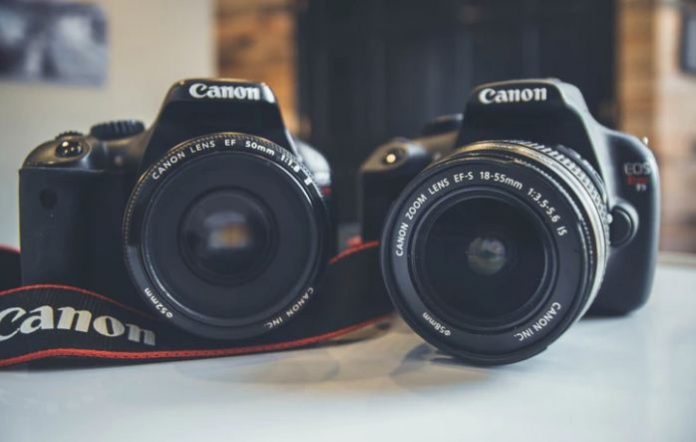Digital photography has opened doors for image manipulation. It is very easy to change the hue or adjust the brightness of the image using Photoshop on the computer.
It has also made it possible to change the focus of an image, add or remove portions or transplant another image on the original.
Most Photoshop programs offer an array of tools that can be used to manipulate a picture. It is now possible to blur unwanted sections of an image or to sharpen a particular portion.
The end product of most of the digitally produced photographs reflects the mindset of the photographer, and the needs of the publication — if it happens to be a commercial picture.
Image manipulation is not a new phenomenon. Professional painters who were asked to paint the portraits of famed artistes and politicians used subtle methods to hide the flaws that may not be well taken by the client.
In the end, the outcome of most portraits represented only a portion of reality. The brushes and the paint tubes were expertly used to modify the real image for a changed new image.
Manipulation continued with the introduction of black and white photography. Photographers cropped out those portions that diluted the focus.
However, this was done to improve the quality of the image, and not to convey a different meaning. Very rarely photographers changed the focus of an image to alter the meaning.
It is only now with the advent of the computers and the photo altering tools that it is possible to change the photograph completely.
You are never sure if the picture that you are looking at is the original picture or not. The changes are very subtle and can be carried out by anyone who has mastered Photoshop or other image editing software.
This has raised several ethical questions. People today alter the images of celebrities and post them on the net.
Some of these images, especially of actresses, have been altered in bad taste and posted on pornography sites. No wonder the entire art of photography has come under a cloud.
Another difficulty is that there is no negative. The digital photographs do not leave a trail behind for the ordinary man to detect.
They need highly trained forensic experts to dig out the changes made in different versions. Since this is not always possible, the manipulators get away with murder.
This has raised one more question. How do you settle a dispute if two photographers claim that they have shot the same picture?
Earlier, the owner of the negative could show the negative to establish his credentials. Today, he can only make a claim.
The result is that original pictures are being stolen from the net, and is reproduced on other sites with minor modifications.
We can only expect these practices to become more brazen in the coming years. The manipulators will make use of the latest versions of the photo editing software to alter the pictures more carefully.

